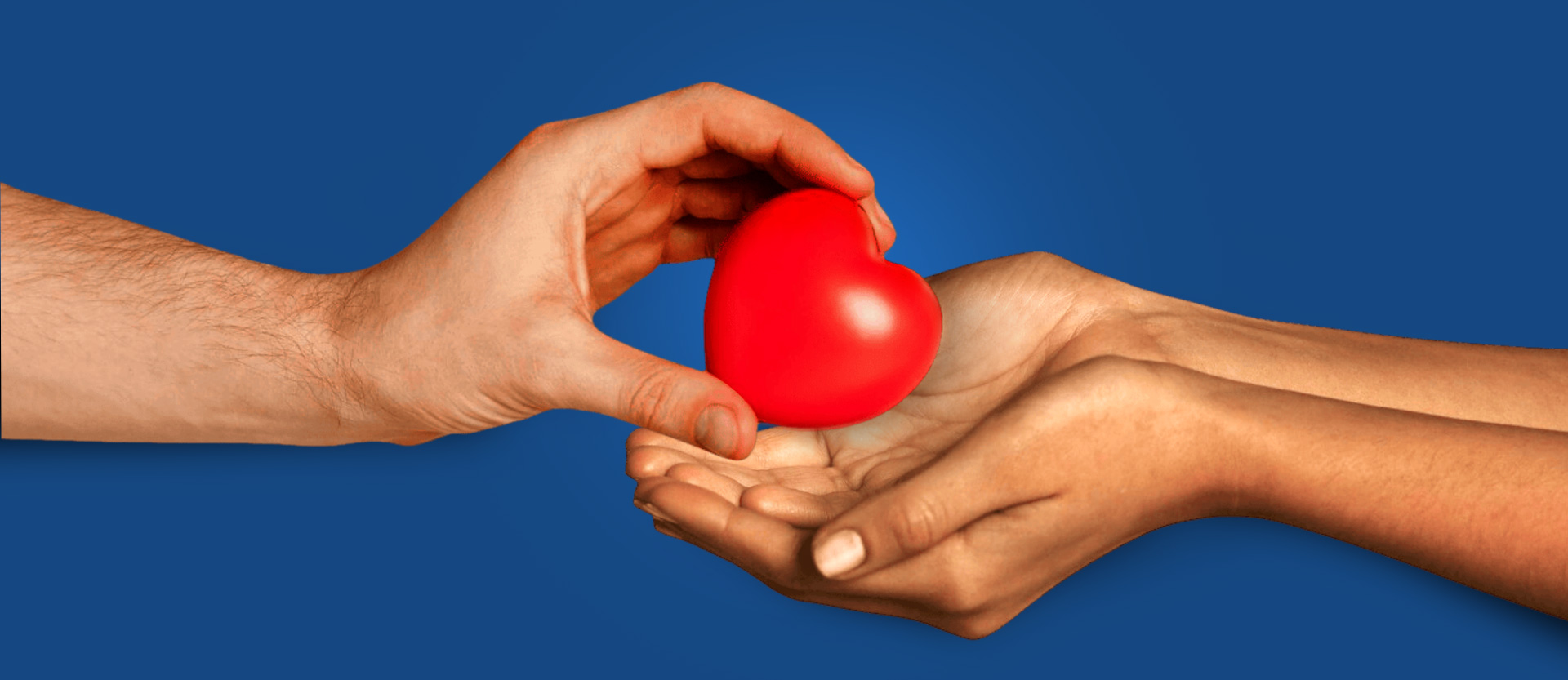
Why should you donate organs?
Organ donation is a way to save the lives of people who are sick, not healthy and in need of new organs. When someone’s organs are weak, they require a new one to continue living.
Organ donation refers to the supply of a healthy organ, gained from either a living or passed away donor, to help an individual requiring a transplant to improve their health condition. This process involves taking a fully functional organ from the donor and placing it into the receiver whose own organ is not working as it should. Transplants can change the lives of people.
Saves Life
When you donate an organ, you save the life of an individual who really needs it. Just imagine, if your Heart, lungs, or kidneys stopped functioning, how would you feel? It is tough to live a healthy life. Organ donation is a ray of hope for people who are suffering.
There are different organs for different needs.
The human body has a lot of different organs that work differently. For, eg. the Heart pumps blood, the lungs through which we breathe, and the kidneys clean our blood. When any one of these organs does not work, it can cause serious health issues. Organ donation offers the proper organs for the right need. You can save up to 7 people by donating organs after your death. It is a gift for the one who needs an organ.
Scarcity of organs
There aren’t enough organs for the people who require them. Many people are on the waiting list for transplants, but organ donors are not available. This is one of the main reasons why organ donation is essential. More donors, which means more individual lives are saved.
Transplants give one more chance of living:
Organ transfer gives people a second chance to live their life again. Some people are unable to walk, play or ride. These organ donations give them that chance back. Organ donation can make some other people’s lives better and more fulfilling. They can help people to achieve their dreams and desire to enjoy life in a better way.
One Donor, Many Lives:
Just imagine what it is like to save the life of one person. This feeling gives satisfaction. When you donate an organ, you are helping many people worldwide. One donor can provide a heart to someone, a kidney to another, and lungs to a third person. This means this small act can change the way of living of many people.
Call yourself a hero:
Organ donation is a big thing; you can become a hero in someone else’s life. Having the power to make a difference even after you’re gone gives happiness to your soul. Your organs can bring a sense of well-being to the people alive and to the families who are in despair for help.
When a person dies, their organs can still be used to save a life. Doctors carefully remove the working organs so they can be passed to individuals requiring them.
Easy Process:
Organ donation is now a streamlined and relatively easy process. Many countries have built up organized arrangements to certify the respectful and efficient management of donations, making the process effortless for donors and their families.
Factors Affecting Willingness To Donate Organs
Different medical illnesses do not affect the likelihood of an individual becoming a donor.
It’s preferable not to quantify yourself due to medical sickness or age. When you die, a doctor actively engaged in your care will conduct a thorough examination to determine if any of your organs and tissues, or all of them, can be considered appropriate for transplant.
The criteria that make donation practical are not ordinary – medically fit people for organ donation add up to less than two per cent of hospital deaths yearly. This highlights the importance of befittingly enrolling as an organ and tissue donor and discussing your decision with your families and dear ones.
Conclusion
People who live healthy lives have the opportunity to donate their organs. It’s vital to note that organ donation guidelines and regulations can differ by countries and laws. Moreover, living donors can donate particular organs, like kidneys or the liver. Living donations mainly include close medical and psychological analysis to confirm the safety and good health of the donor.
Suppose you have the desire to become an organ donor. In that case, I advise contacting your region’s organ procurement department or healthcare offerings to know more about your area’s certain conditions and processes.
Come closer to being a source of hope for others. Declare your wish to give your organs for transplantation upon deceased and certify your family is informed about your wishes. Join in the effort to raise awareness regarding Organ Donation.